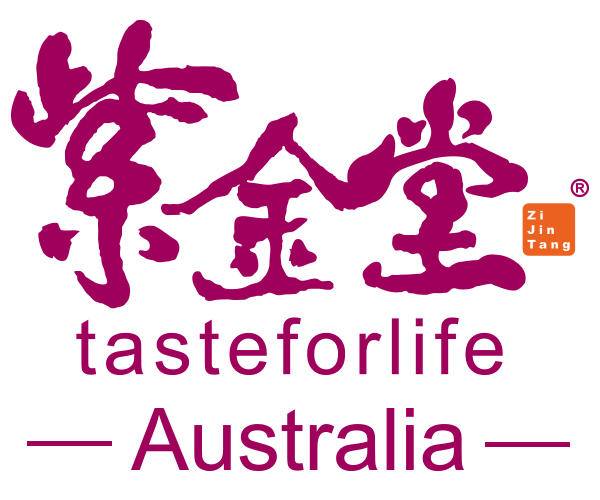What to eat after miscarriage : 5 nutrients to heal your body !
by Taste For LifeZi JIn Tang 紫金堂澳洲 on Dec 08, 2021

What to eat after a miscarriage
Experiencing a miscarriage can be a disturbing experience for any woman. It is important for women to focus on their physical and emotional health after a miscarriage. A crucial part of this is maintaining a miscarriage recovery diet, which promotes healing, restores nutrient stores, and supports overall health and well-being.

Why do you need nurturing after a miscarriage?
1. To repair the damaged uterus.
A miscarriage can cause significant harm to the mother's body. Therefore, nurturing is essential to restoring the uterus to its healthy state and preparing it for pregnancy again.
2. To regulate the menstrual cycle.
Whether it is an abortion or an induction of labor, the surgery will cause mothers to lose a lot of blood, which can lead to anemia or menstrual disorders in the future.
3. To promote overall health.
Post-miscarriage women may experience physical weakness and low energy. A healthy and balanced diet can facilitate recovery after a miscarriage.
4. To reduce the risk of future complications.
Without proper care, one may face gynecological infections, menstrual disorders, back and knee pain, difficulty getting pregnant, and even habitual miscarriage in the future.

Post-Miscarriage Nutrition for Recovery
Protein
Protein is a key nutrient for tissue repair, so you can include lean sources of protein such as chicken, fish, eggs, beans, and tofu in your diet to promote healing.
Iron
Iron is important because blood loss during a miscarriage can lead to anemia. Good sources of iron include red meat, beans, spinach, and fortified cereals.
Omega-3 Fatty Acids
Omega-3 fatty acids, found in fatty fish such as salmon and sardines, can help reduce inflammation and support brain and heart health.
Stay Hydrated
Drinking plenty of water and other fluids can help prevent dehydration. Women should consume 2 liters of water each day.
Consume Enough Calories
A balanced diet that includes a variety of fruits, vegetables, whole grains, lean proteins, and healthy fats can provide essential nutrients for recovery.

Miscarriage care instructions
1. Do not drink alcohol, coffee, cold drinks, or cold food for one week after medication and surgical abortion to minimize the risk of excessive bleeding and abdominal pain.
2. Consume 1-2 serves of fruit per day. Eat fruits like apples, bananas, cherries, and kiwis while avoiding cold fruits like watermelon and pear which can slow down the elimination of lochia.
3. Consume foods with Iron-rich, folic acid and Vitamin B6. These can nourish and tonifying blood and help to replenish the body, such as pork liver, spinash, oysters, mushrooms, black beans, logan and red dates.
4. Eat protein foods helps repair the wound and tissues of the body, such as beef, pork, fish, eggs and other protein-rich foods.
Overall, a balanced and nutrient-rich diet can help support miscarriage recovery. Also, it is important to seek guidance from a healthcare professional for individualised dietary advice and support during the miscarriage recovery period.

Miscarrige Recovery Meals
Taste For Life Miscarriage recovery Meals are specially developed by TCM Gynaecology, dietitian and a chef team. the main feature of this regimen meal encourages gradual recuperation based on the 3 stages recovery approach from TCM to meet the nutritional needs.
It allows the women to rest well and back to health and regain the strength both physically and psychologically ready for the next chapter of a new life.

- For more information around miscarriage care meal: Miscarriage Care Tips




